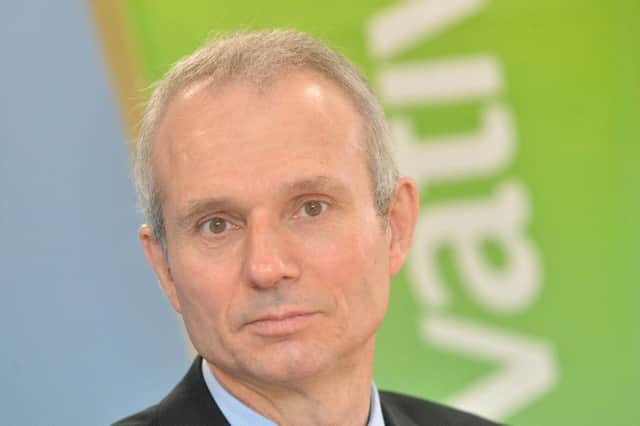Aylesbury MP Lidington: How I feel about David Bowie and Cecil Rhodes statues


I don’t myself have a particularly strong view but I’ve no objection to the idea, and those pushing for such a statue have a decent argument when they say that Aylesbury was more important to Bowie’s career than to Ronnie Barker’s.
Perhaps a Bowie memorial could also act as a permanent symbol of the role that Friars played in Aylesbury’s cultural history.
Advertisement
Hide AdAdvertisement
Hide AdMy personal cause would be a statue of John Wilkes, the 18th century champion of free speech, whose first parliamentary seat was Aylesbury.
The campaign for a new statue got me thinking about the purpose of public memorials to famous men and women.
The reality of human life is that people, artists, sportsmen or politicians, who were once household names rapidly fade from public memory.
Go to Trafalgar Square.
Pretty well everyone still has some idea of who Nelson was and what he achieved.
But what about the other statues?
Advertisement
Hide AdAdvertisement
Hide AdGenerals Napier and Havelock were once public heroes, but unless you take an interest in nineteenth century history their names will mean little today. The same is true of Aylesbury Market Square.
Yes, children in local schools are still taught about Disraeli and Hampden - but Lord Chesham? (His is the statue with the dozy lions down near the court house). What Shakespeare called “the bubble ‘reputation’” is for most of us pretty ephemeral.
Of course over time the assessment of historical figures can change.
In some cases, like the statue of Cecil Rhodes in Oriel College, Oxford, the presence of a memorial has become a matter not for indifference but for intense controversy.
Advertisement
Hide AdAdvertisement
Hide AdShould we tear down the statues of people whose reputations change? My firm answer is no. Our country and our town today are the product of our history, good and ill.
A memorial to someone who is now largely forgotten or who is no longer seen as a hero should prompt us to think about our past, to understand why our predecessors thought it was right to remember and celebrate those lives.